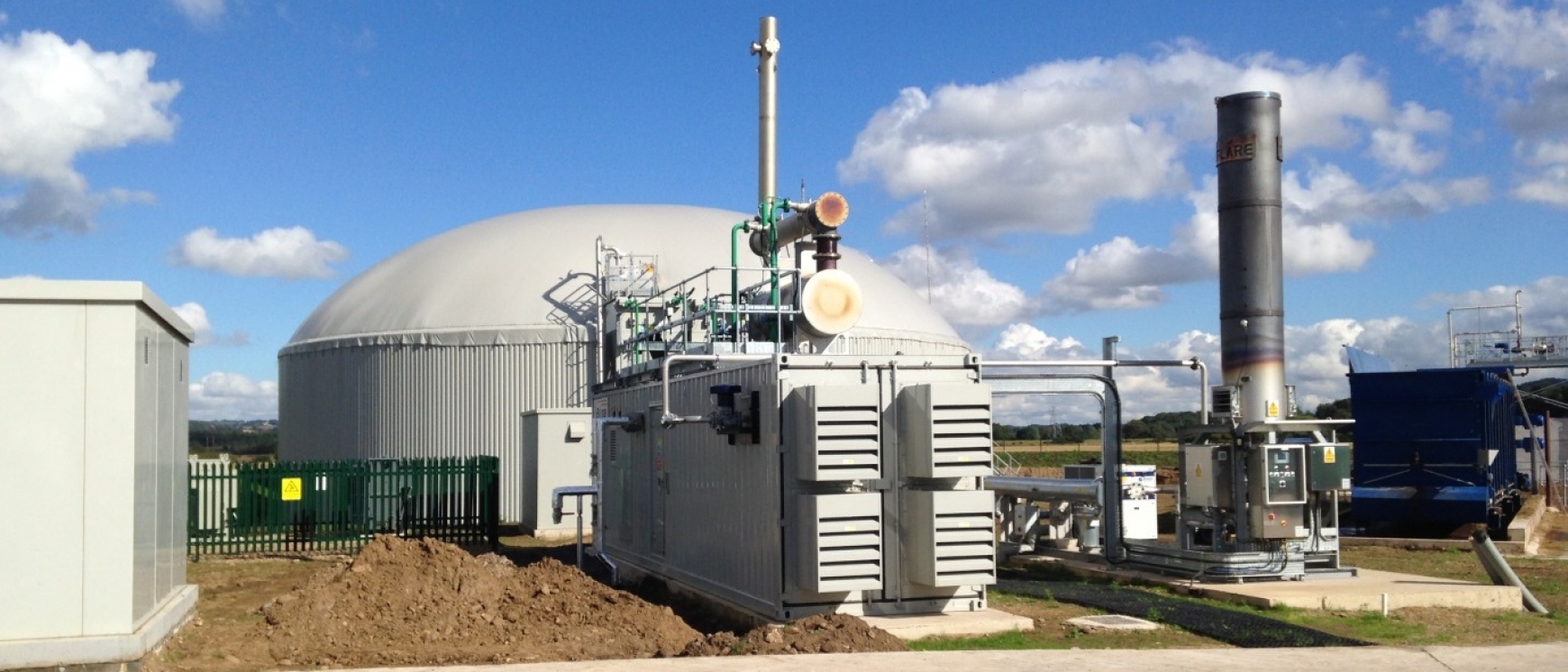The Feed-in Tariff (FiT) and Renewables Obligation have closed to new applicants, and the Renewable Heat Incentive (RHI) will close to new applicants in March 2021. However, all have 20 year lifetimes for accredited systems. It is already becoming more common for disputes to arise between operators, owners, Ofgem and heat users, and this is likely to continue as time goes on.
Of course, the best way to avoid a dispute is to have good communication with the parties involved and robust contractual arrangements. However, disputes can still arise through differences of opinion. When it comes to Ofgem, the best advice is to ensure you are compliant from the outset and remain so for the duration. Energy regulation though has a tendency to be complex and the rules and the interpretation of those rules can change over time.
Tougher approach
One trend we’ve seen is for Ofgem to tighten up how it administers maturing schemes. As it gains experience and builds up sets of rules and precedents, a fairly relaxed approach is often replaced by more inflexible one. This means you can get caught out by its stricter interpretation as well as any changes to scheme procedures.
Earlier this year, for example, Ofgem made the RHI complaints procedure a one stage review process.
Ofgem does give you notice of its decision but it pays to seek legal advice early on so you can present the best case and be ready to challenge if necessary. Don’t assume an Ofgem decision is final - we’ve been successful in persuading them to change rulings when presented with an alternative interpretation.
We recently helped one farmer who was about to be excluded from the RHI for failing to return certain information within a specified time period. Working with one of the NFU Legal Panel firms, we got the decision overturned by showing that two different people within Ofgem had given conflicting advice at different points in time.
We’ve also supported the NFU legal team in showing that Ofgem’s interpretation of the FiT regulations was inconsistent which resulted in Ofgem releasing significant payments to those farmers concerned.
How to avoid common compliance disputes
Keep your records up to date, relevant and accurate and continue to submit returns in a timely manner. Something as simple as missing a deadline could get you thrown off a scheme, even if everything else is in perfect order.
Make sure your system stays true to its accreditation. Notify Ofgem of any alterations and take care to avoid accidental invalidation. Think through the implications of expanding your system, replacing equipment or making changes to the surrounding infrastructure.
Top tips for selling energy to a third party
Selling the energy (heat or electricity) you produce is a way of getting improved returns from your investment as you can often get a higher rate than by just exporting. Here are four key things to consider:
- Ensure you understand exactly what your buyer needs and how well this matches the amount of energy you can provide and when you can provide it
- Establish a fair price for the energy, ideally indexed linked to inflation, to ensure neither party feels short changed
- Make sure the systems involved are able to interact and take care to understand how they may be connected
- Have a clear set of policies to use if things go wrong and to avoid dispute
You can get help with energy related legal issues by calling us on 024 7669 6512.
If you are an NFU member you can also get help through the NFU Legal Assistance Scheme and from the NFU Legal Panel. Contact CallFirst on 0370 845 8458.


